Numbers Worksheets for Ages 3-9 - Page 3
510 filtered results
-
From - To
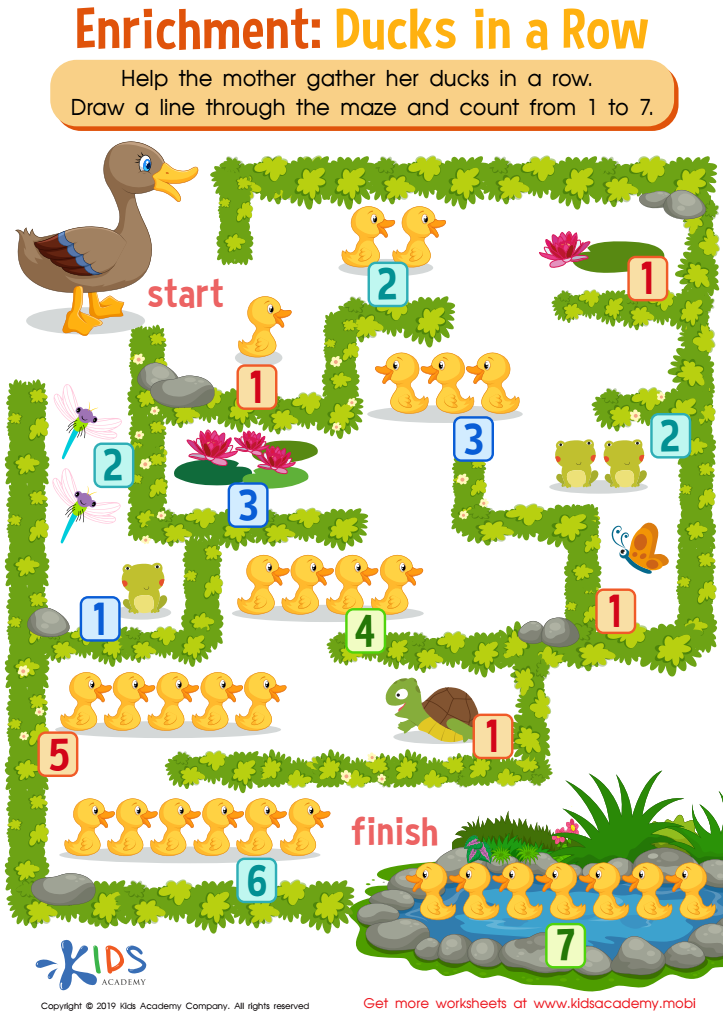

Ducks in a Row Worksheet
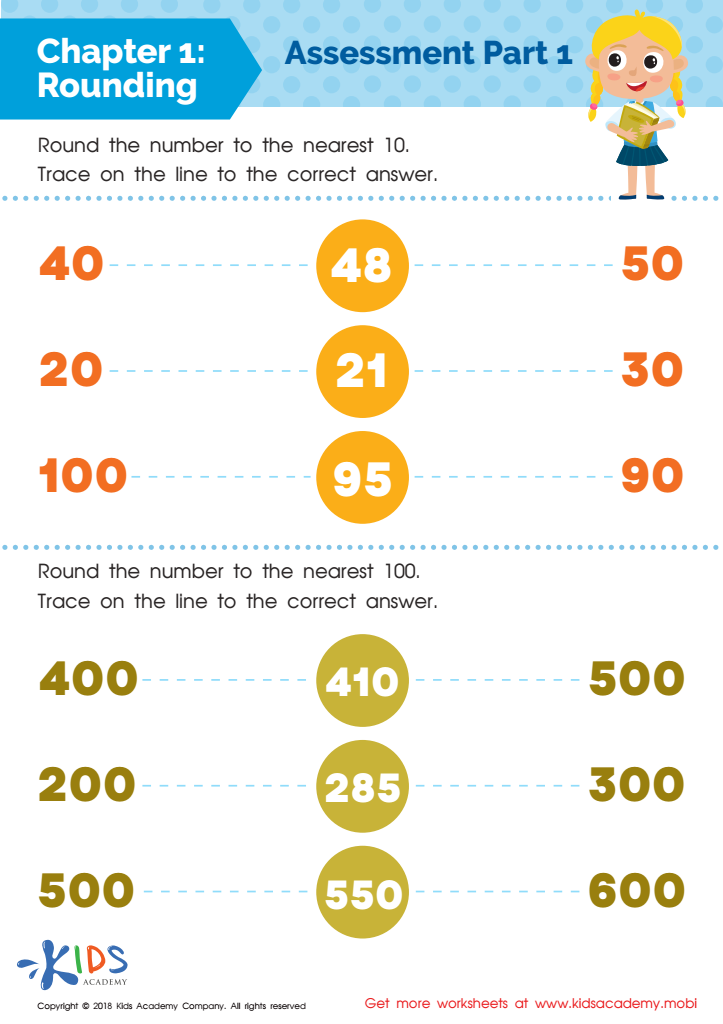

Rounding Worksheet 3rd Grade
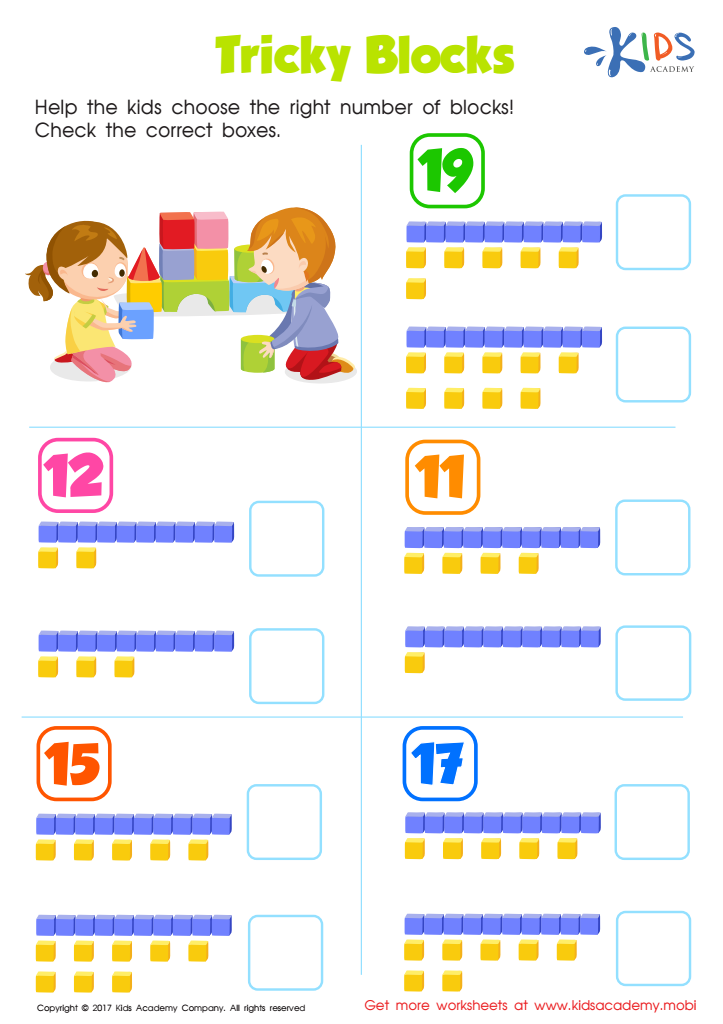

Tricky Blocks Worksheet
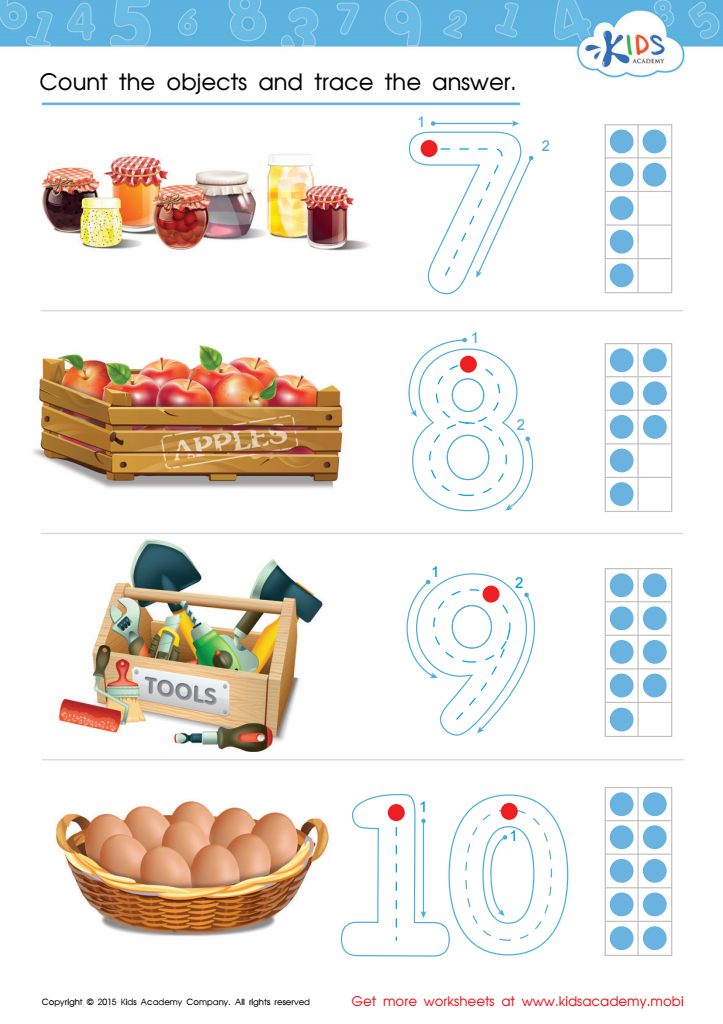

Count and Trace 7 – 10 Worksheet
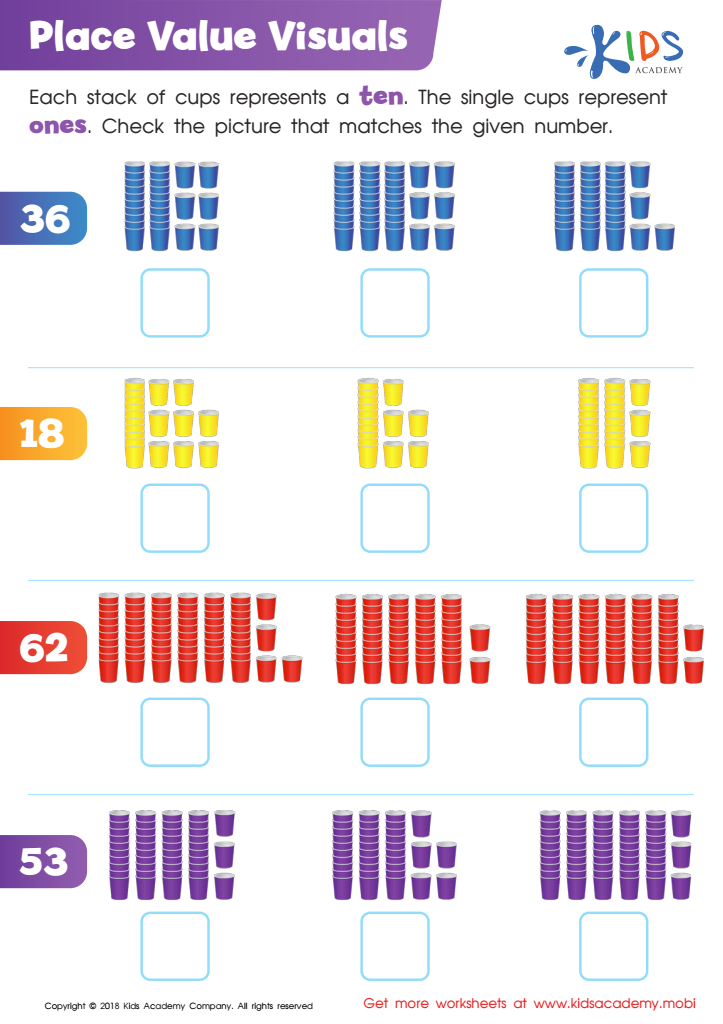

Place Value Visuals Worksheet
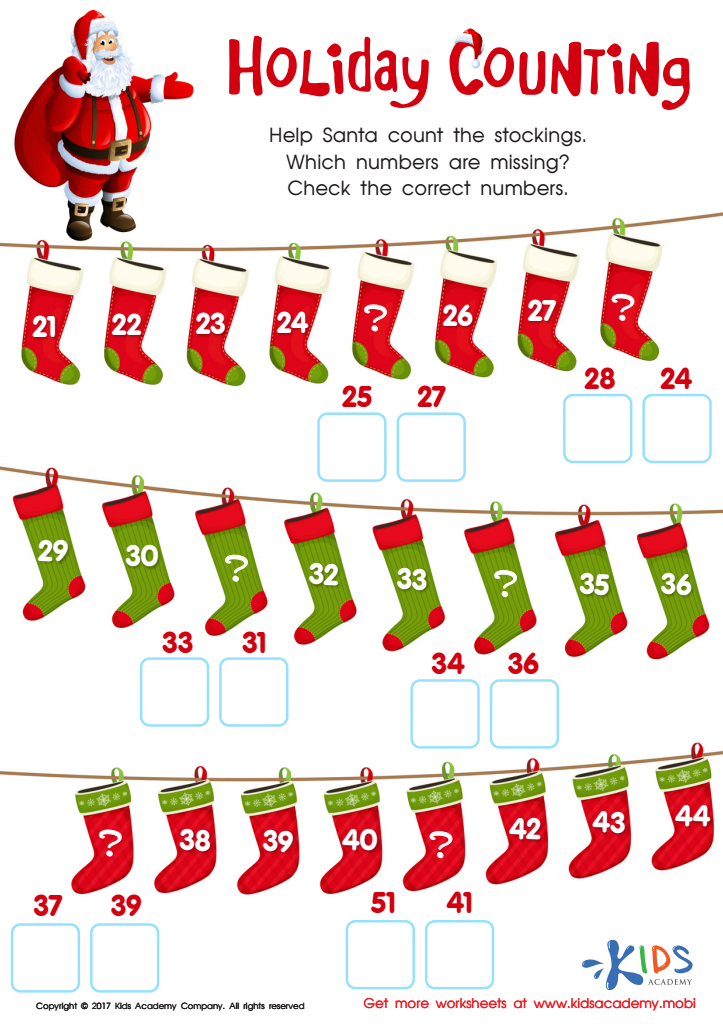

Holiday Counting Worksheet
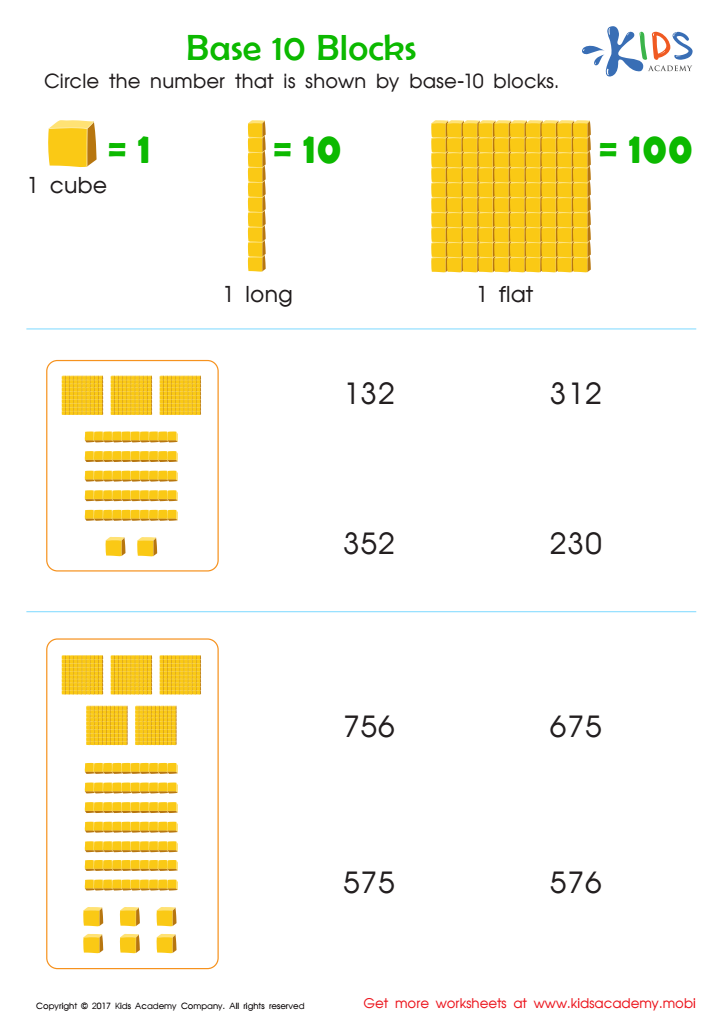

Base Ten Blocks Worksheet
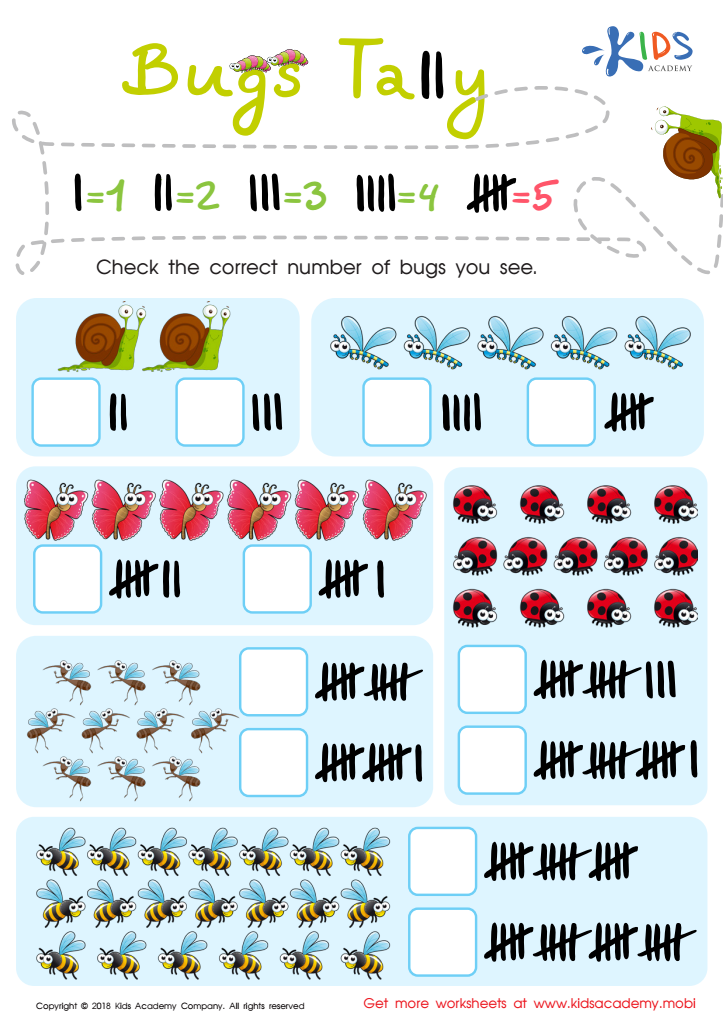

Bugs Tally Worksheet
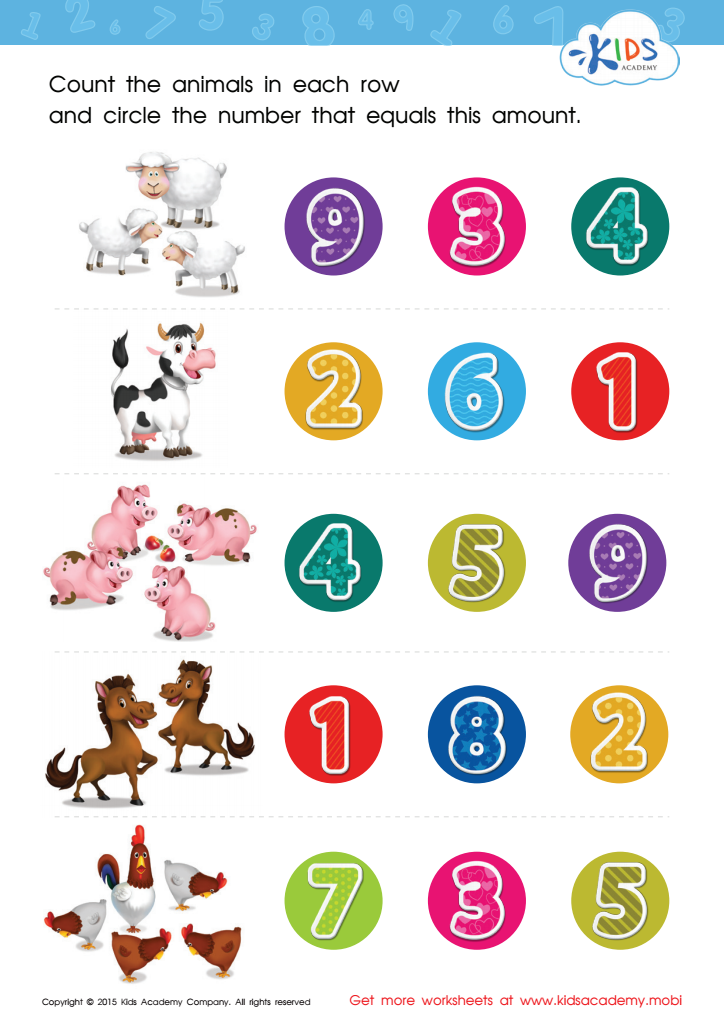

Count and Match 1 – 5 Math Worksheet
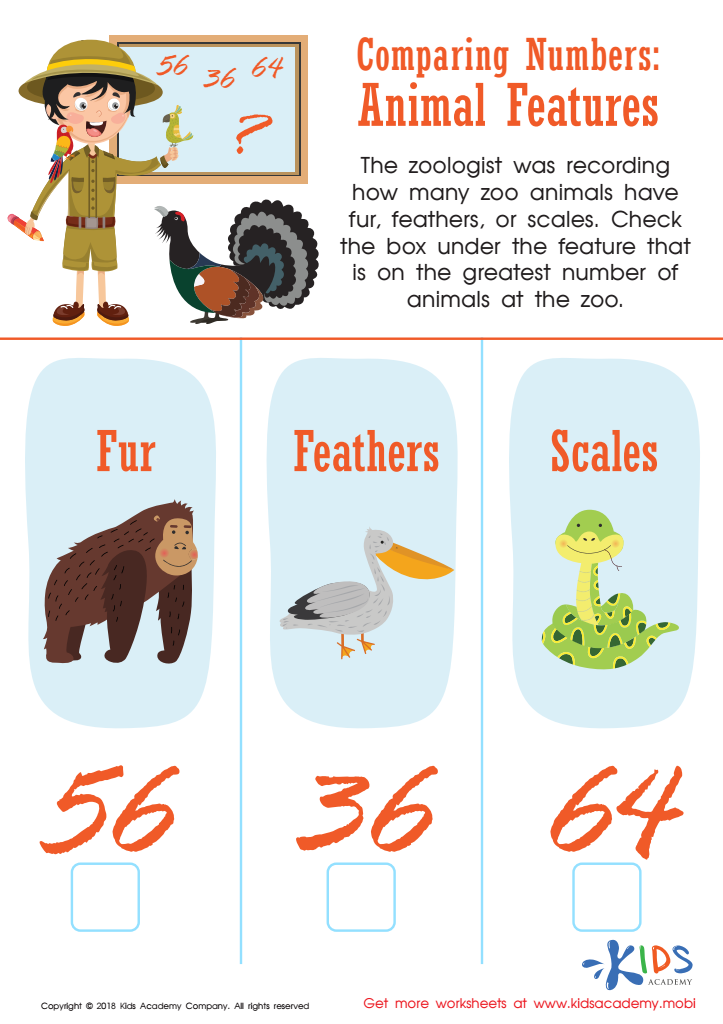

Animal Features Worksheet
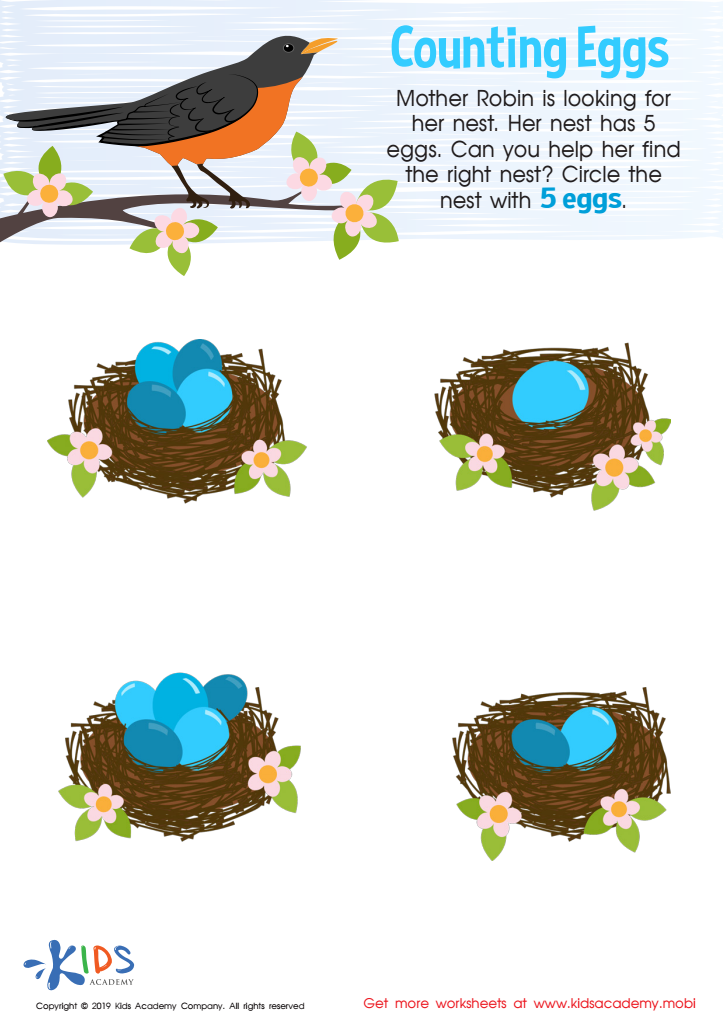

Counting Eggs Worksheet
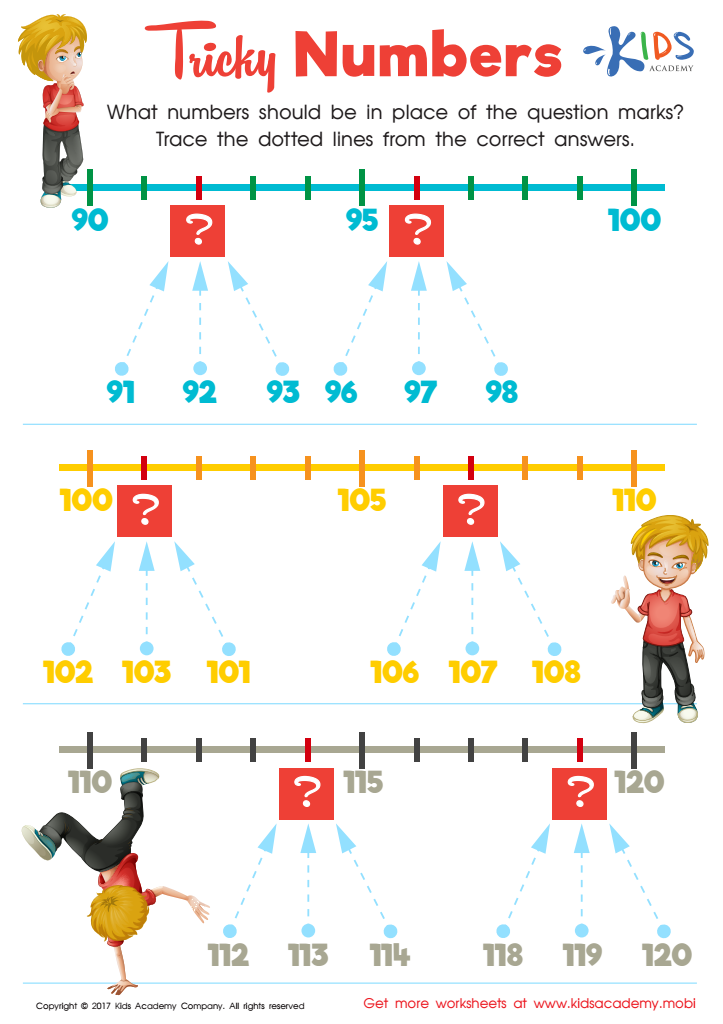

Tricky Numbers Worksheet
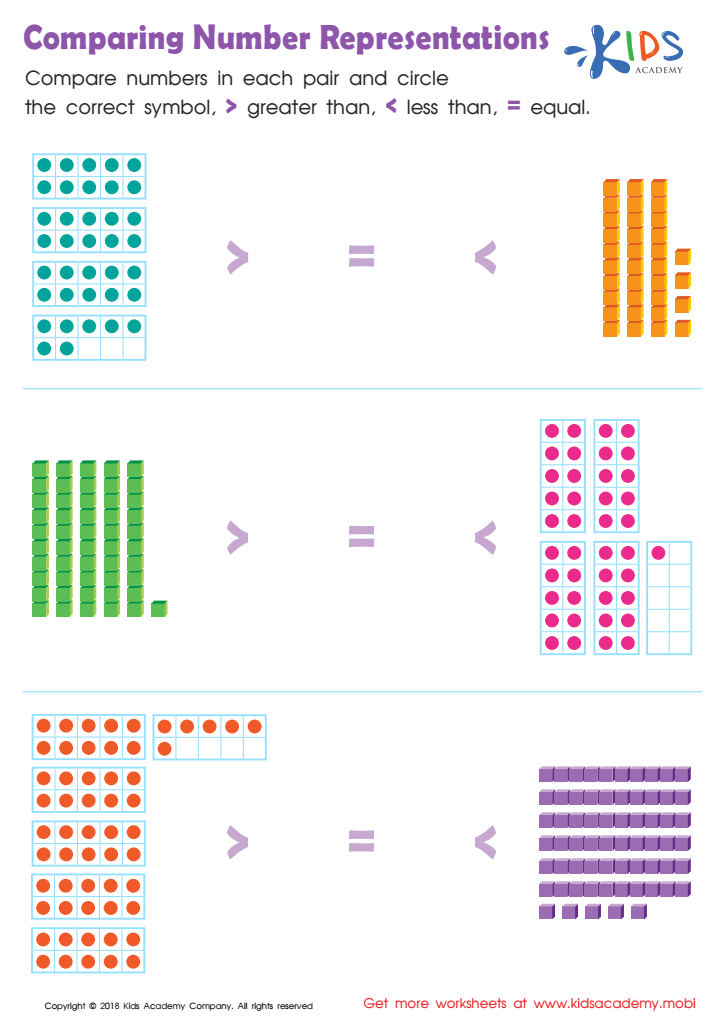

Comparing Number Representations Worksheet
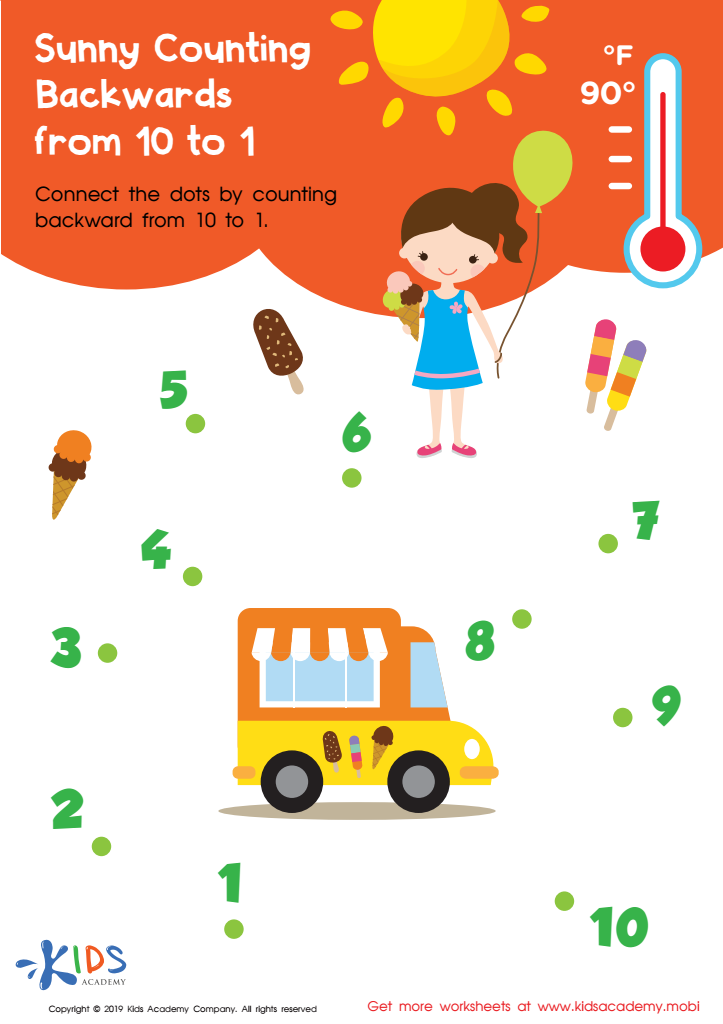

Sunny Counting Backwards from 10 to 1 Worksheet
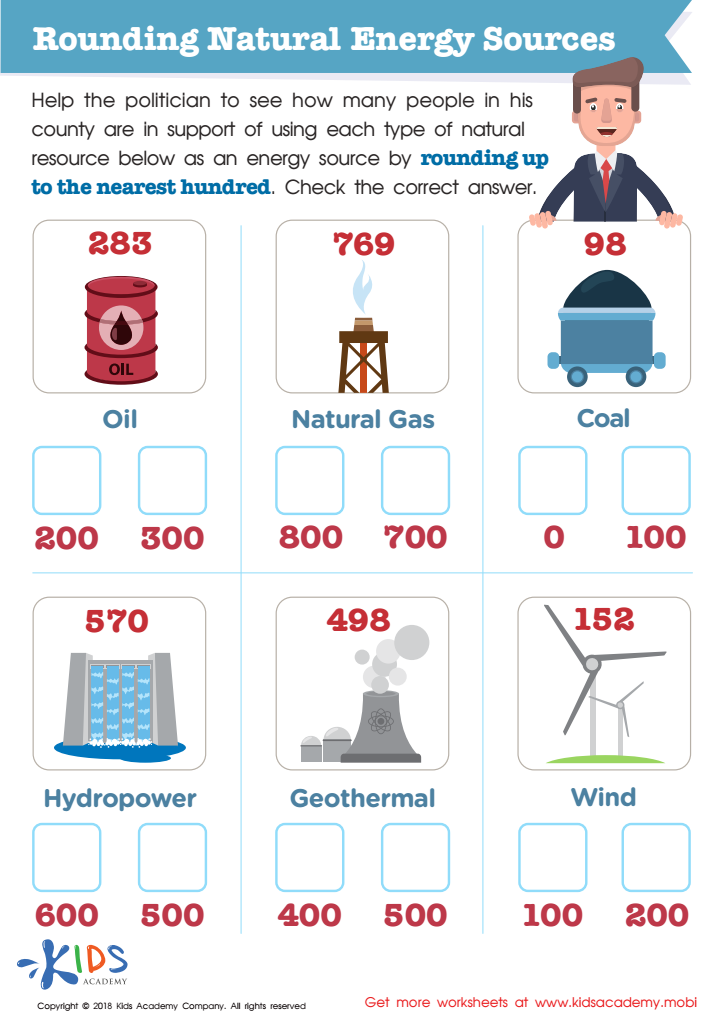

Rounding Natural Energy Sources Worksheet
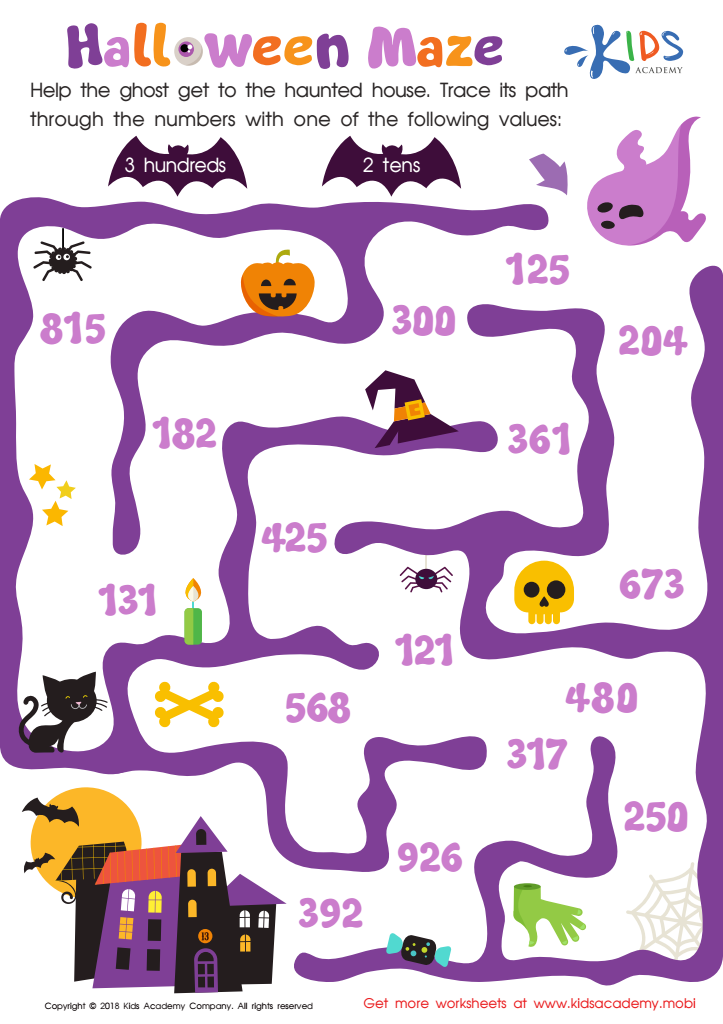

Place Value: Halloween Maze Worksheet
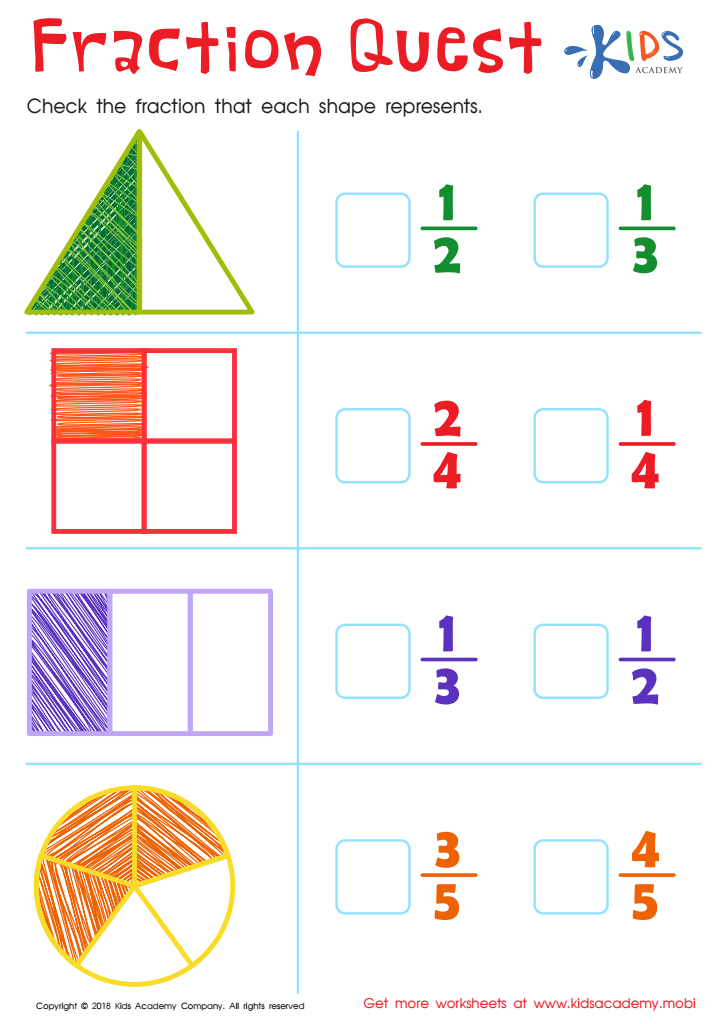

Fraction Quest Worksheet
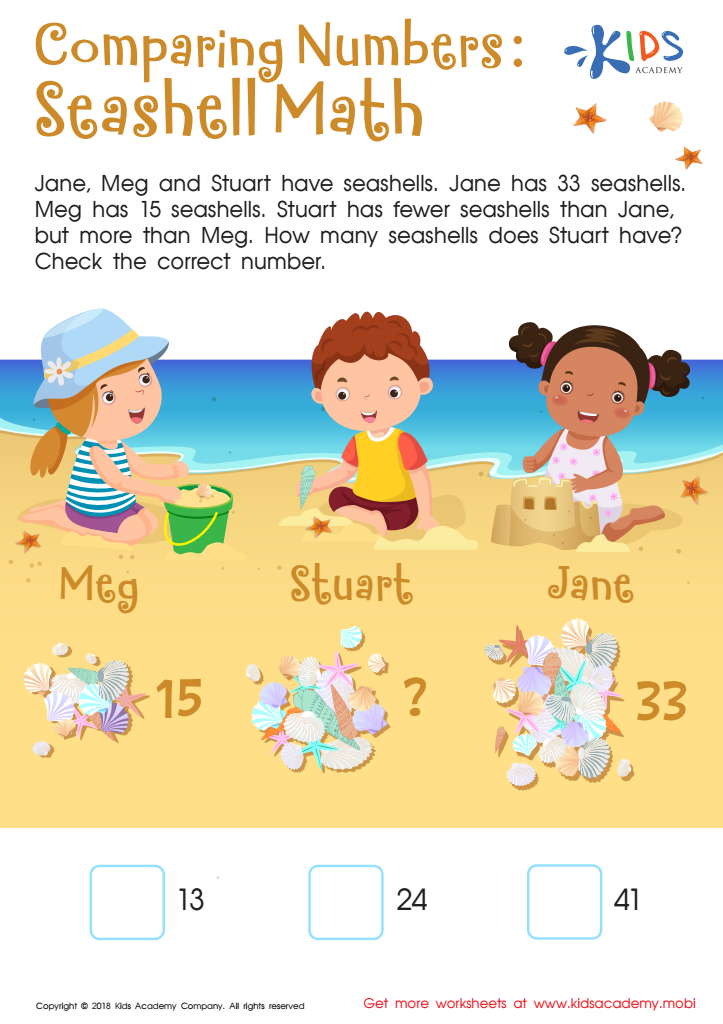

Seashell Collectors Worksheet
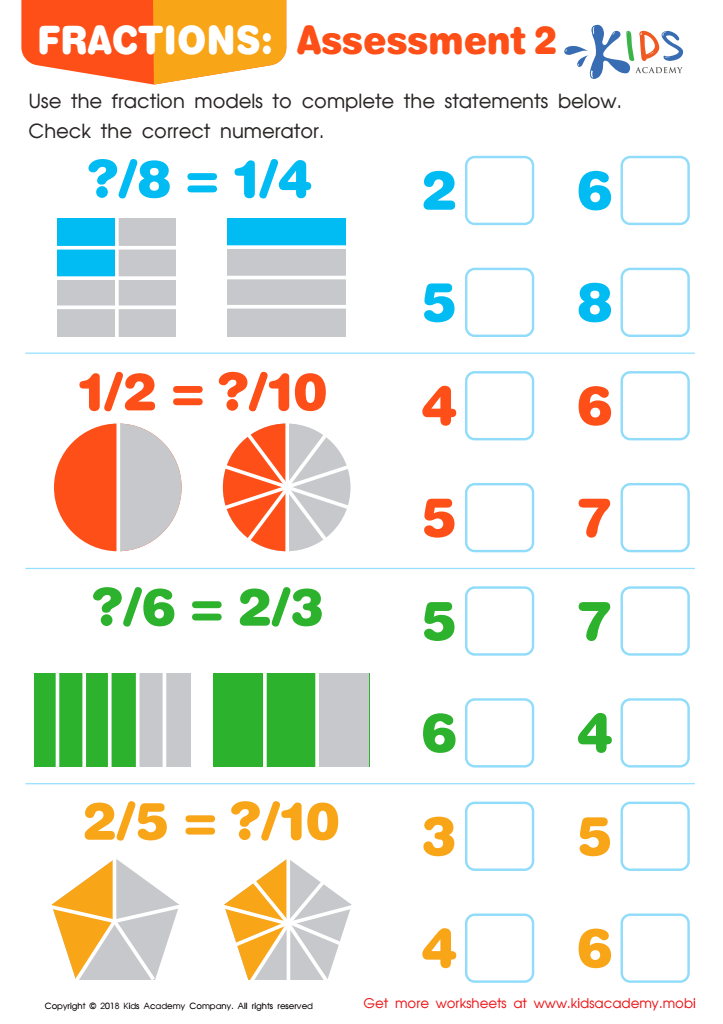

Fractions: Assessment 2 Worksheet
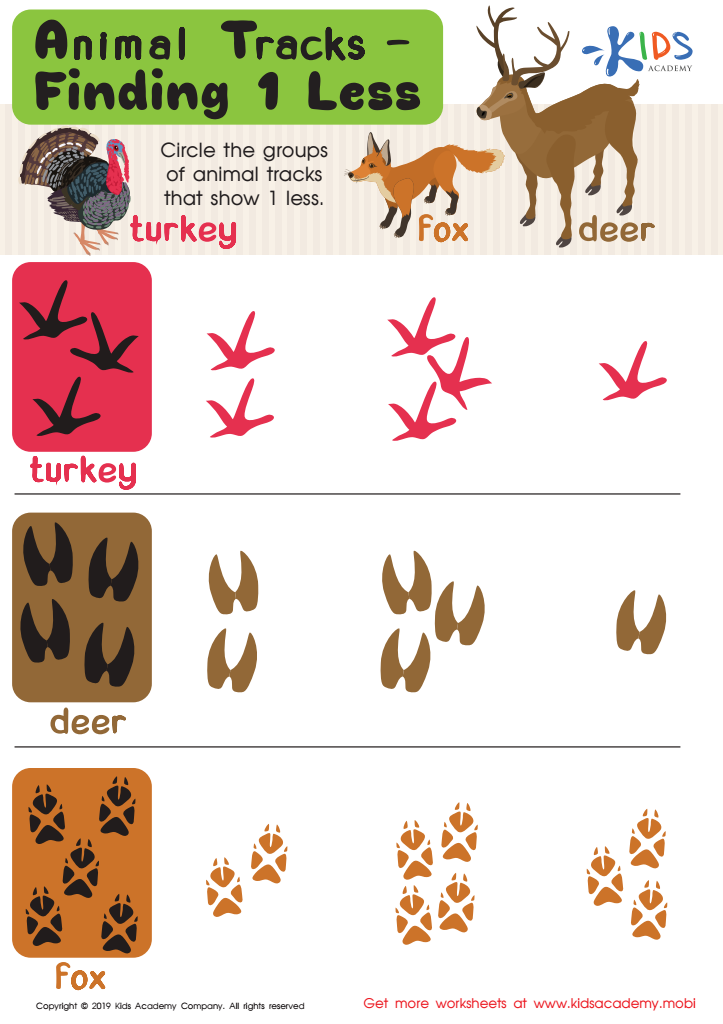

Animal Tracks: Find 1 Less Worksheet
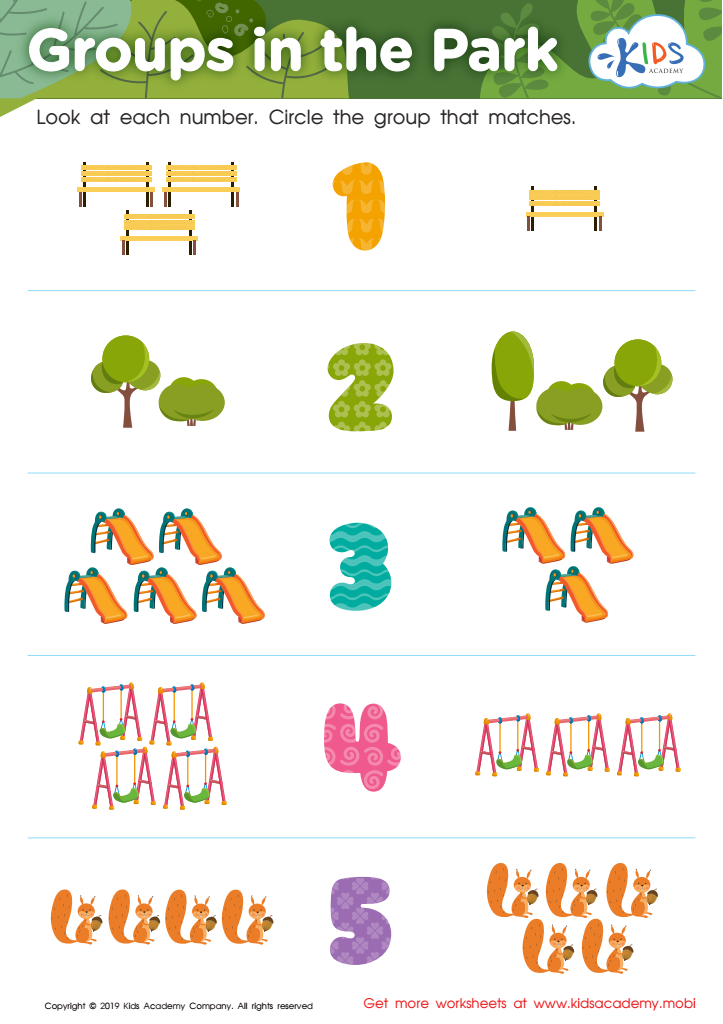

Groups in the Park Worksheet
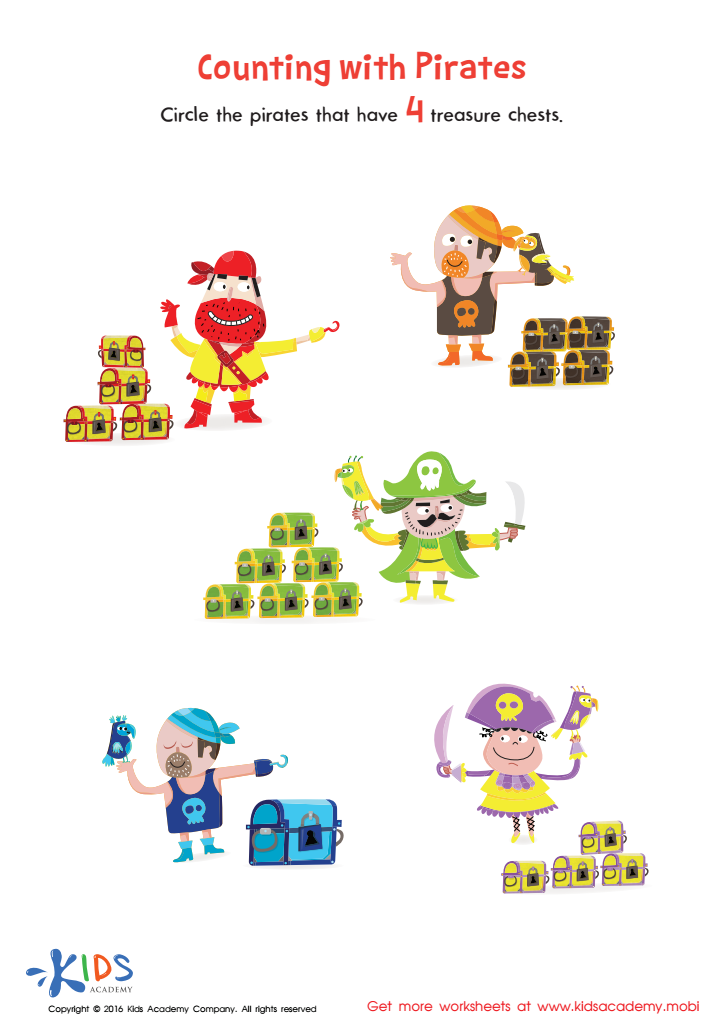

Counting With Pirates Worksheet


Find 9 Worksheet
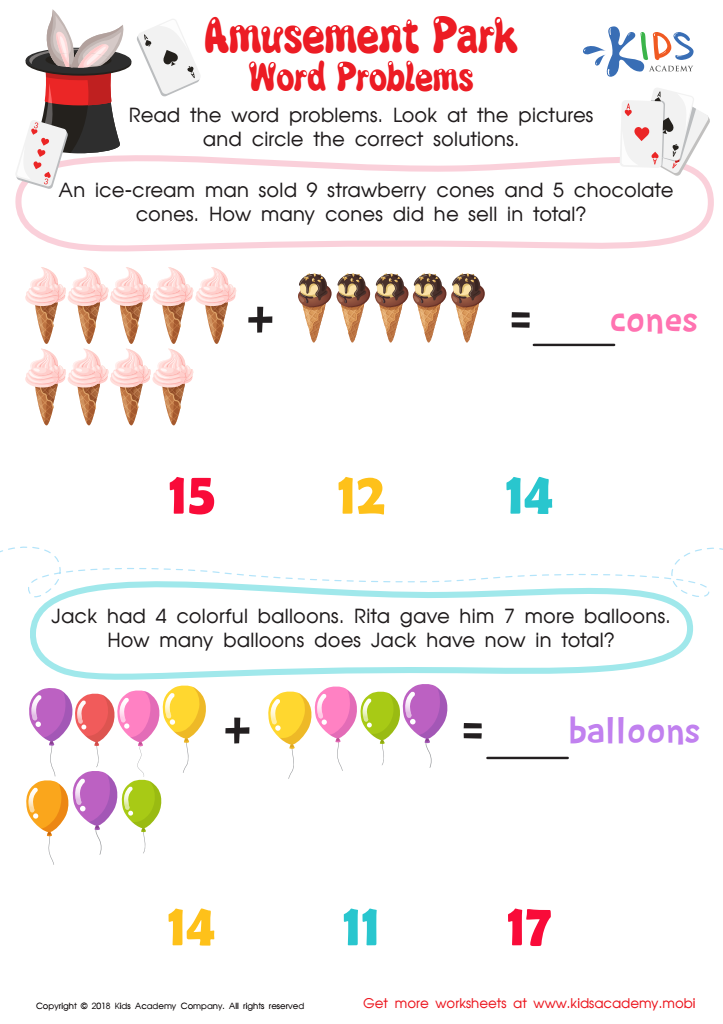

Amusement Park Word Problems Worksheet
Introducing numbers to children aged 3-9 is foundational for their cognitive development and academic success. Early numeracy skills lay the groundwork for understanding more complex mathematical concepts later on. When parents and teachers actively engage young minds with numbers, they help children develop crucial abilities such as counting, recognizing patterns, and understanding basic operations like addition and subtraction.
At a young age, children's brains are highly receptive to learning new concepts, making it the perfect time to introduce numbers in a fun and engaging way. This early exposure enhances problem-solving skills, logical thinking, and the ability to recognize relationships between objects. Moreover, proficiency in numbers builds confidence, encouraging a positive attitude towards more advanced mathematics in the future.
Numbers are also integral to everyday life: from telling time and managing money to measuring ingredients for a recipe. By understanding numbers, children can navigate daily activities more effectively and become more independent. Parents and teachers who prioritize numeracy are not just helping children achieve academic milestones; they are equipping them with essential life skills. This foundation can inspire a lifelong appreciation of learning and intellectual curiosity, fostering a mindset that embraces future challenges in education and beyond.
 Assign to My Students
Assign to My Students
























